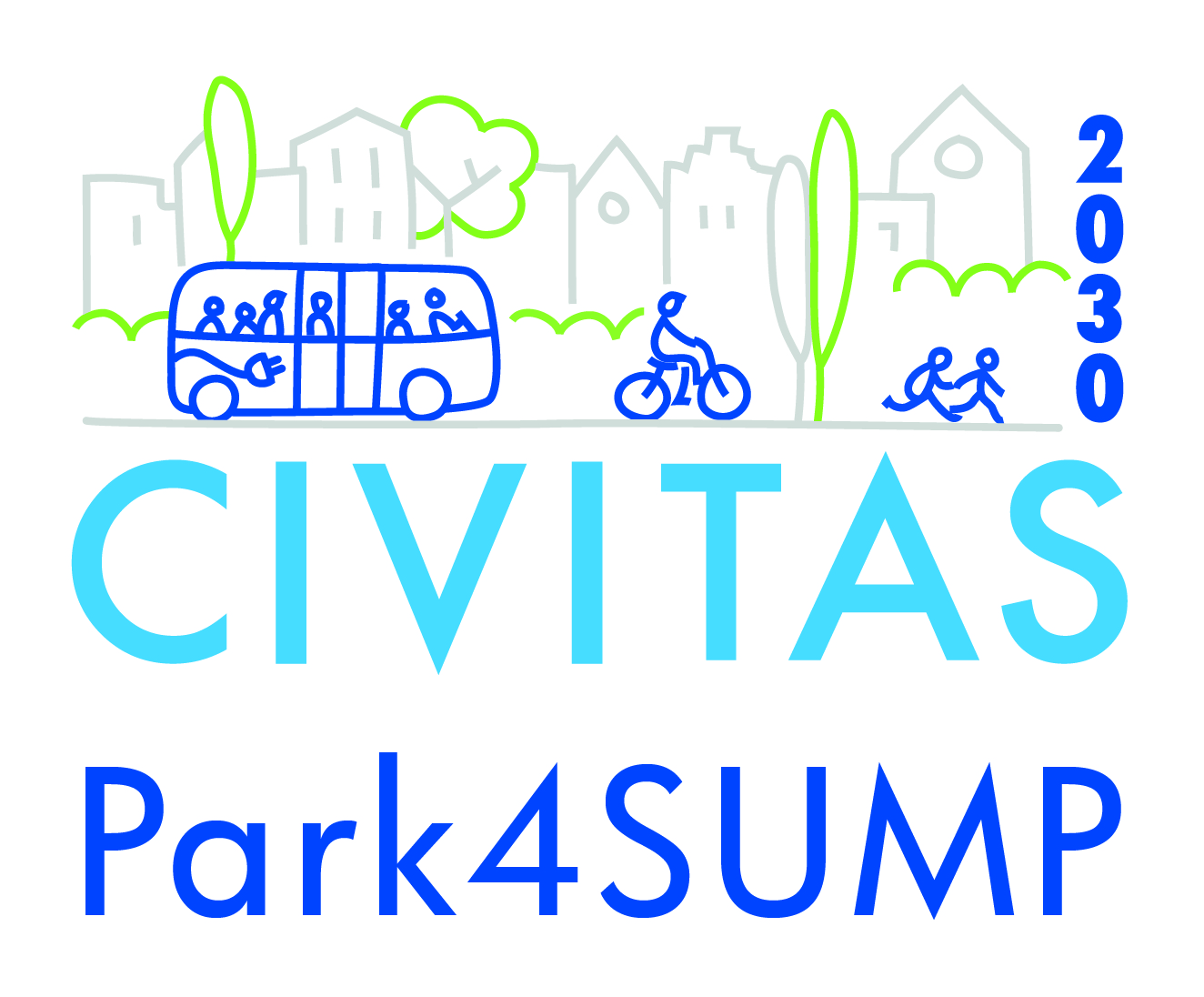16 different approaches to parking management presented during final conference in Sofia
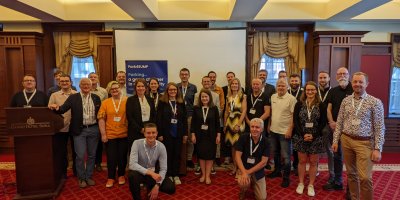
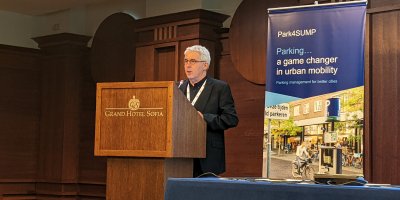
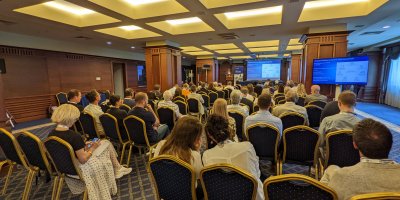
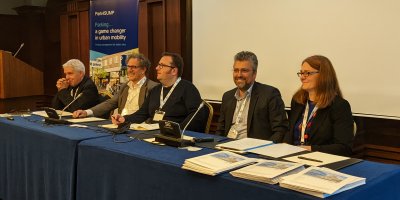
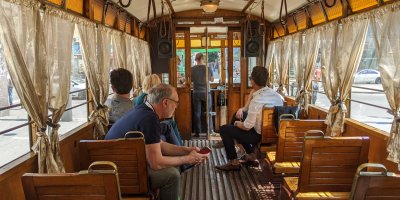
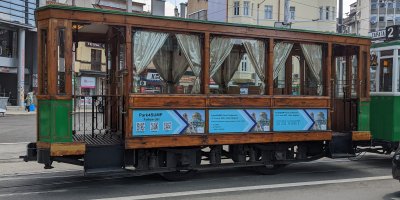
16 cities, 22 partners, more than four years of parking management, high-level guests, a Bulgarian training and an old tram – those were the ingredients for a successful final conference of the EU-funded Park4-SUMP project. The event, which took place on 15-16 June 2022 in Sofia, Bulgaria, was a great opportunity for local and international stakeholders to meet, learn and exchange about parking management, SUMPs and the policies developed by more than a dozen cities across Europe. The event was attended by nearly 70 stakeholders and project partners.
The event was a full success, according to Bulgarian and international participants, thanks to the dedication of the local organisers of Sofia Urban Mobility Centre, as well as Mobiel21 and POLIS Network. One of the main reasons for it was the combination of 16 city presentations, which were divided into four thematic sessions, combined with several expert panels and keynotes.
The event started with official welcome words from Dimitar Diltchev (Executive Director of Sofia Urban Mobility Centre), as well as messages from the European Climate, Infrastructure and Environment Executive Agency (CINEA). Theo Thuis (European Parking Association) provided an overview of the importance of the subject of parking for cities, before the separation of the group into parallel sessions that focused on the aspects of ‘off-street parking’ and ‘parking strategies’.
Thuis outlined several potentially disruptive technologies, which include ‘vehicle-to-grid-charging’, which would transform electric vehicles into rolling batteries that could feed energy back into the grid during night-or peak-times. Furthermore, construction projects in inner cities that will transform normal off-street car parks into multi-purpose buildings were also presented as a modern solution to reduce the negative externalities of the passenger car. For example, such facility might include EV charging, shared mobility, parcel- and cargo delivery facilities, as well as other solutions that can provide additional mode choices and solutions to customers.
After a detailed presentation about the ParkPAD framework, which enables cities to audit their parking management strategies even after the Park4SUMP project has ended, an expert panel discussion concluded the first day. The discussion was moderated by Tom Rye, a British academic and project partner, who also hosted the Bulgarian training on the second day of the event. Rye skillfully involved the city representatives in the audience, who were encouraged to provide examples from their implementation of parking policy.
Furthermore, Patrick Auwerx, project coordinator from Mobiel21, highlighted several main messages of the project, while Ivo Cré from POLIS Network emphasised the importance of Park4SUMP results for the wider community of cities across Europe. Metodi Avramov shared the unique challenges of Sofia, while Susan Tully summarised the experience of the 16 cities, as she performed a review of the local measures. Theo Thuis represented the business aspects of parking. A dinner concluded the first day, which allowed project partners and attendees to exchange and network.
The second day started with two additional parallel sessions, which focused on the topics of on-street parking solutions and innovation. The latter included presentation from Gdansk, which had invested in a vehicle that allows the scanning of number plates to automatically register non-compliance. This relatively new technology and the related experiences of the Polish colleagues were very interesting for the audience. Before the closing panel took place, Niklas Schmalholz from POLIS Network summarised the main messages of the project, which were categorized in best practices for cities that are starting to implement parking management, as well as cities with advanced policy frameworks.
The closing expert panel, which was moderated by Ivo Cré (POLIS Network), focused on the future of parking. Olivier Asselins (Lille Metropole), Dirk Lauwers (University of Antwerp) and Theo Thuis (EPA) discussed several future scenarios of urban mobility in relation to parking. On both days, excellent simultaneous interpretation helped those attendees who didn’t speak English. At the end of the event, all participants received a first version of the final brochure, which will be published on our Park4SUMP homepage in the upcoming weeks.
The final conference concluded with a unique ride with a historic tram, which stopped at an underground park&ride facility at the outskirts of the inner city, as well as a stop at the redeveloped Macedonia Boulevard, which was transformed from a cobblestone street with more than 100 parking spots to a green park, lined with trees, flowers, hedges and a bicycle path.
